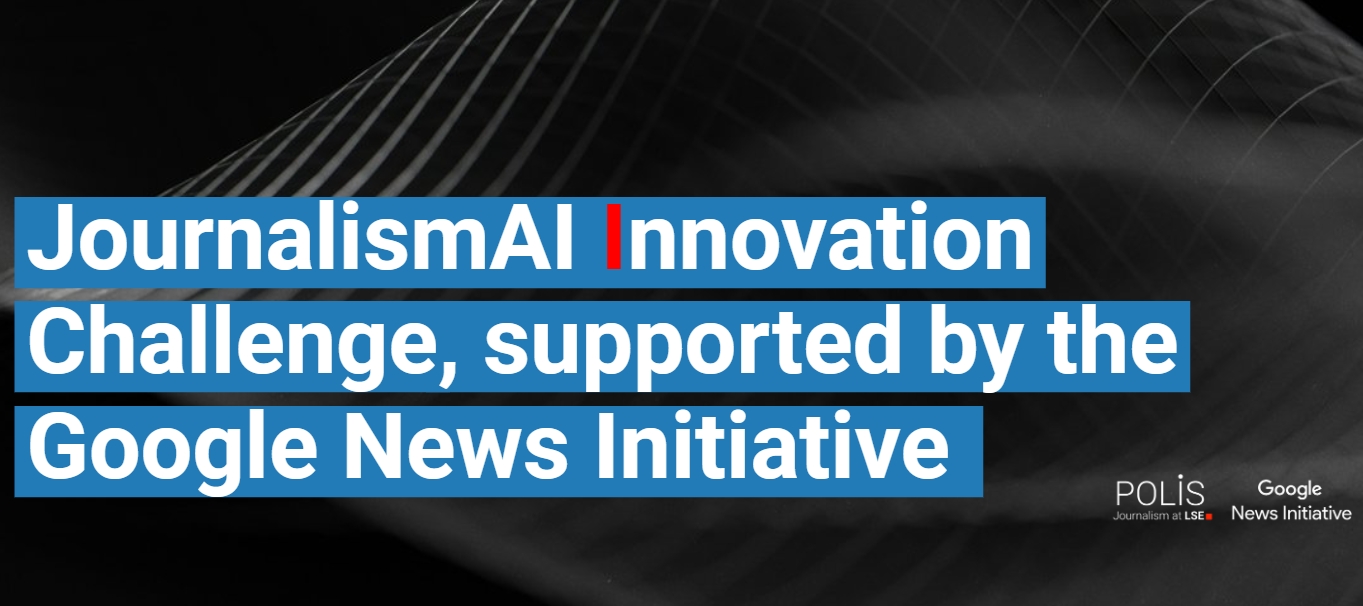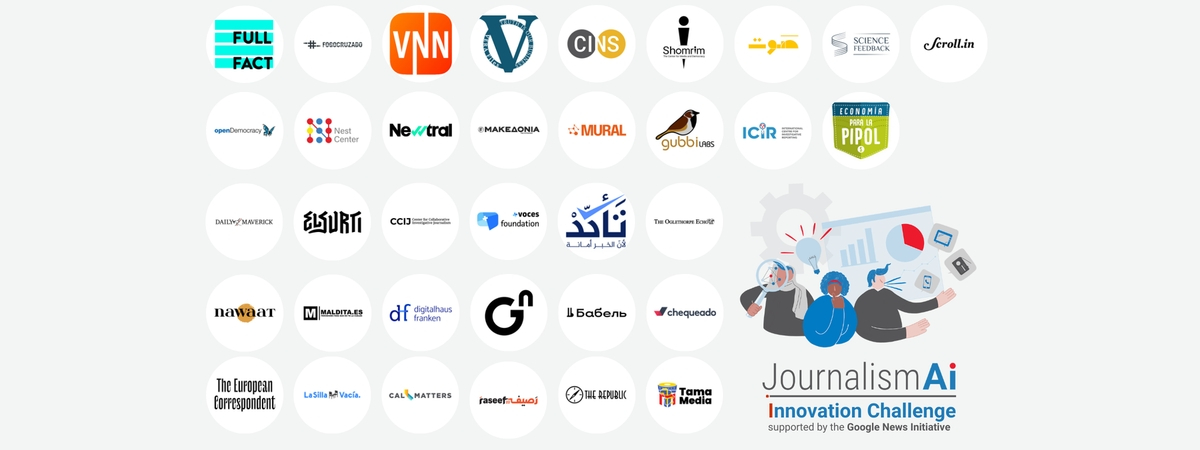Gubbi Labs has won Journalism AI’s Innovation Challenge 2024, launched by Polis, the journalism think-tank of the London School of Economics and Political Science, and supported by the Google News Initiative. The grant allows us to explore and adopt generative AI technologies to fortify our science communication platform, Research Matters. Over the coming months, we will be exploring various AI tools to expedite our reporting processes while ensuring our output still remains of the highest editorial standards that we currently adhere to.
The launch of ChatGPT in 2022 ushered in a new era in the world of Artificial Intelligence (AI). While the technology was not entirely new, it captivated the world with its ability to simulate human-like conversations. While many believed modern LLMs could easily crack the Turing test, a thought experiment designed to test if a machine can think like a human, many others were still sceptical. Generative AI tools like OpenAI’s ChatGPT, Google’s Gemini, and Meta AI’s Llama soon became staples in assisting with complex queries and content generation. Visual tools like OpenAI’s DALL-E and Adobe’s Firefly further expanded the creative potential of AI.
Generative AI and Large Language Models (LLMs), however, come with a host of ethical and moral quandaries. Concerns of data privacy, bias and discrimination in the training data have plagued generative AI since its inception. There are also serious concerns about the environmental impact of the new technology, which requires ever-increasing power and storage to run. Nevertheless, a quick glance at what the tech giants like Google, Facebook, and Apple are doing sends a clear signal: AI technologies are here to stay. Organisations around the globe are already scrambling to adapt to the new technology, either by developing new products and services or by optimising existing workflows.
Newsrooms and media organisations too are keen on using AI technologies to increase reach and revenue. In 2019, Journalism AI was launched by Polis and supported by the Google News Initiative, to help media organisations embrace AI. Journalism AI is a global initiative to inform media organisations about the opportunities offered by AI technologies and promote ethical and responsible use of the technology.
In 2024, Journalism AI launched its innovation challenge, offering grants of $50,000 or $250,000 to small and medium newsrooms worldwide. These grants enable organisations to implement generative AI solutions to increase efficiency, reduce costs, and elevate journalistic standards. Of over 700 applicants, 35 media organisations from 22 countries were selected to participate in the nine-month program. These organisations will collaborate on projects to combat misinformation, explore diverse revenue streams, and experiment with new formats such as mobile, video, and audio journalism.

Gubbi Labs is one of only two Indian organisations—the other being Scroll Media Inc.—to win this prestigious grant. The project enables us to scrutinize the science news cycle comprehensively, from the inception of new ideas and journal publications to widespread dissemination. By deploying AI tools, we aim to optimise this cycle, ensuring faster identification and communication of research breakthroughs without compromising the editorial rigor that defines our work.
Although this does throw up several ethical and technical challenges, we are eager to face them head-on and overcome these challenges, rather than bemoan on the sidelines. The grant also opens up vast avenues to network with journalists and AI experts from around the globe, who can guide us through the maze of emerging technologies and policies associated with AI.
For over a decade Gubbi Labs has been at the forefront of science communication, translating complex research into accessible narratives for diverse audiences. Through Research Matters, the organisation has published over 2500+ stories in multiple languages, including English, Hindi, Kannada, Marathi, Assamese, and Tamil, among others. This linguistic diversity reflects our commitment to making science accessible to all.
At Gubbi Labs, the approach to integrating AI is both cautious and deliberate. We firmly believe in leveraging AI to enhance and expedite the editorial processes rather than generating original content. AI tools are deployed to assist in identifying emerging scientific breakthroughs, refining article drafts, and ensuring factual accuracy. This ensures that the organisation’s human editors retain full control over narrative creation, thereby preserving the integrity of the content. We remain steadfast in our commitment to stringent editorial guidelines; maintaining the credibility and trust we have built with our audience over the years. We are excited to traverse this complex and evolving landscape of AI technologies. To explore, experiment, and create something that adds value for our readers and helps us achieve our goal of bridging the gap between science and society.


